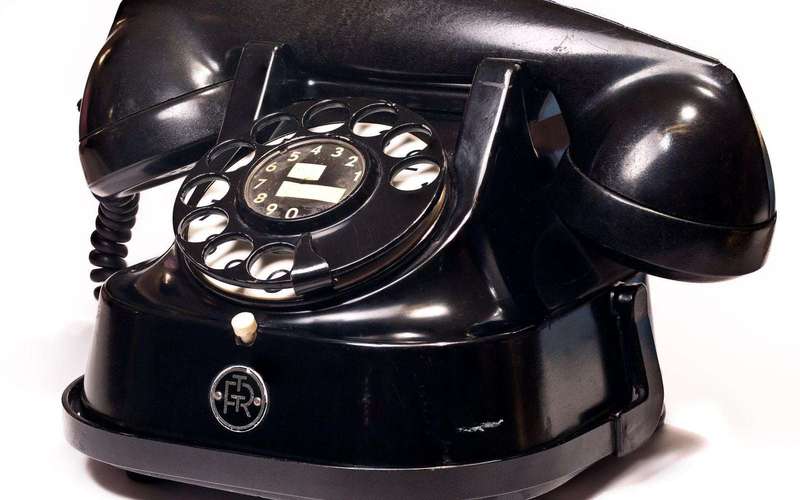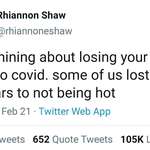Since the advent of the internet, the print phone book has largely become an artifact of a past age.
At least one city has attempted to ban the phone book’s yellow pages on environmental grounds.
George Coy, who founded the New Haven telephone network, saw a Graham Bell demonstration in April 1877.
Telephones—and telephone books—quickly caught on, and the first New Haven telephone book that was more than just a sheet of cardboard was published in November 1878.
“When people first started using the telephone they would often yell into the wrong part,” Shea said.
And when they did get on the phone, they had to figure out what to say to start a conversation: “Ahoy” was Alexander Graham Bell’s preferred option.
It’s not actually that strange that the first phone book had only the name of the person whose phone it was, Shea said. »
















![image for Keshia Thomas protects an alleged KKK supporter from a mob in Ann Arbor, MI, 1996 [960 x 1135]](f48736d4-2999-5c4d-89c5-588161b95ee9_thumb.jpg)



